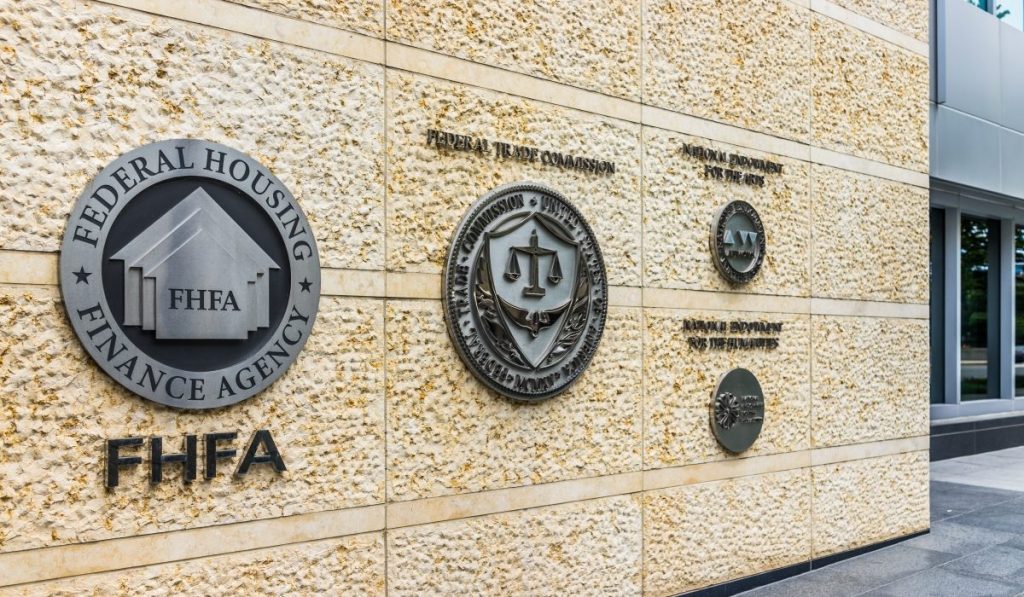The FHFA released its 2021 Scorecard for Fannie Mae, Freddie Mac and Common Securitization Solutions on Tuesday, adding new resolution planning requirements for the GSEs.
The resolution planning requires each enterprise to begin developing a plan “to resolve its business in the event the Enterprise were to be placed in receivership, also known as a ‘living will.’ These plans must demonstrate how the enterprises would preserve their core businesses with neither disruption to housing and finance markets nor utilizing extraordinary support from the Treasury Department or taxpayers,” the FHFA stated in a press release.
The enterprises are “expected to implement capital management and capital planning capabilities that transition from the existing Conservatorship Capital Framework to the Enterprise Capital Rule requirements,” the release states.
The rest of the 2021 Scorecard aligns the 2019 Strategic Plan with the Enterprises’ tactical priorities and operations.
The three objectives of the 2021 Scorecard are to ensure that the enterprises continue to:
- Focus on their core mission responsibilities to foster competitive, liquid, efficient, and resilient (CLEAR) national housing finance markets that support sustainable homeownership and affordable rental housing;
- Operate in a safe and sound manner appropriate for entities in conservatorship; and
- Prepare for their eventual exits from the conservatorships.
Non-QM lending is poised for growth in 2021
HousingWire recently spoke with Mike Fierman, managing partner and co-CEO of Angel Oak, about the non-QM lending outlook for 2021 and how Angel Oak’s “originate to hold” model benefits originators.
Presented by: Angel Oak
As part of its mandate to foster CLEAR national housing finance markets, the FHFA defined key ongoing initiatives the GSEs need to implement:
• COVID-19 Market Actions – Continue to respond as appropriate to mortgage market needs related to COVID-19.
• Multifamily Caps – Manage to the multifamily cap requirements described in Appendix A.
• Credit Score Rule – Continue implementation of the final Credit Score Rule with adherence to the regulation’s requirements in a timely and effective manner.
• Collateral Evaluation RFI Process – Continue to support FHFA’s assessment of the collateral evaluation process, including alternative appraisal approaches and supporting technology.
• LIBOR Transition – Continue to ensure that there is an effective transition from LIBOR to approved alternative reference rates by announcing plans and milestones to transition legacy LIBOR products.
The scorecard continues to emphasize that the GSEs need to prepare for a transition out of conservatorship.
In October, the FHFA released its Strategic Plan for 2021-2024, which was built upon the 2019 Strategic Plan and the 2020 Scorecard.
“FHFA must take steps to prepare for its post-conservatorship role as a world-class regulator. This new Strategic Plan outlines the critical milestones that will guide FHFA’s efforts to ensure that its supervision and regulation of the Enterprises is strong and well-executed once outside the framework of conservatorship,” FHFA director Mark Calabria said at the time.






